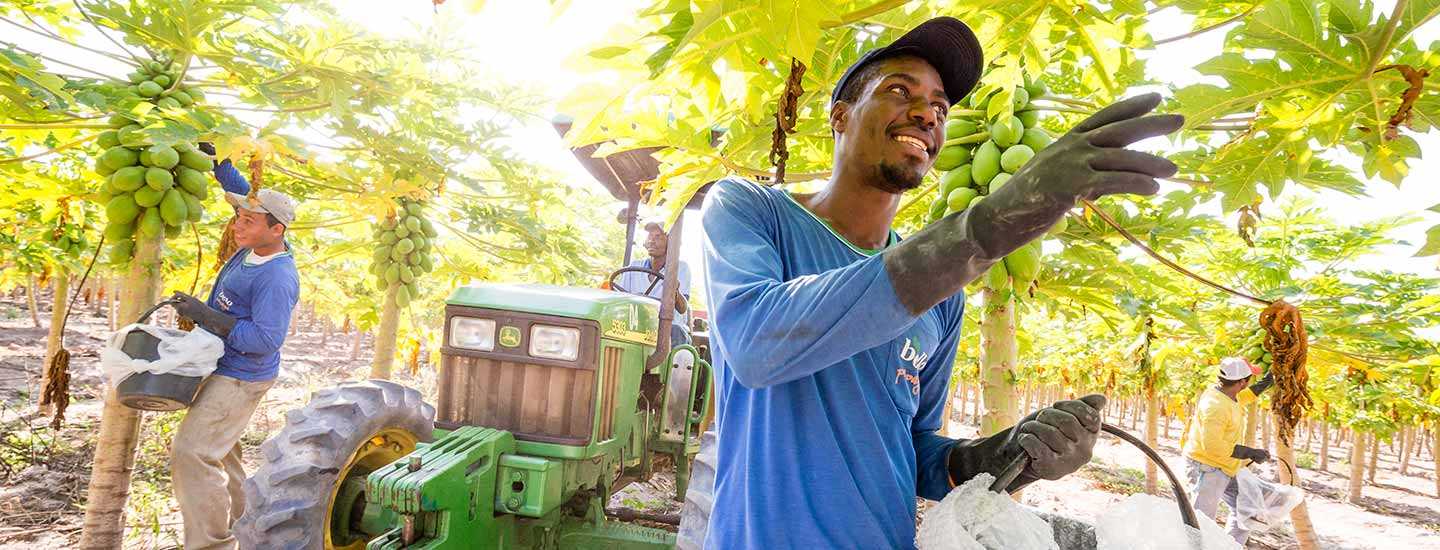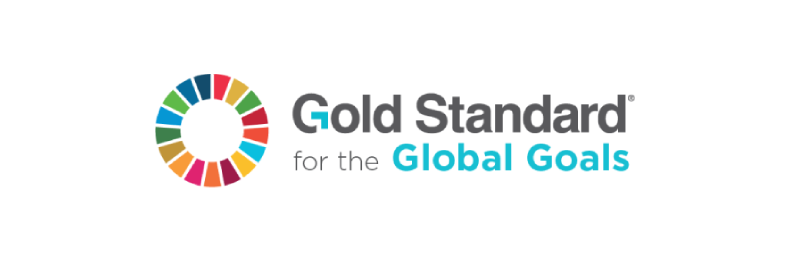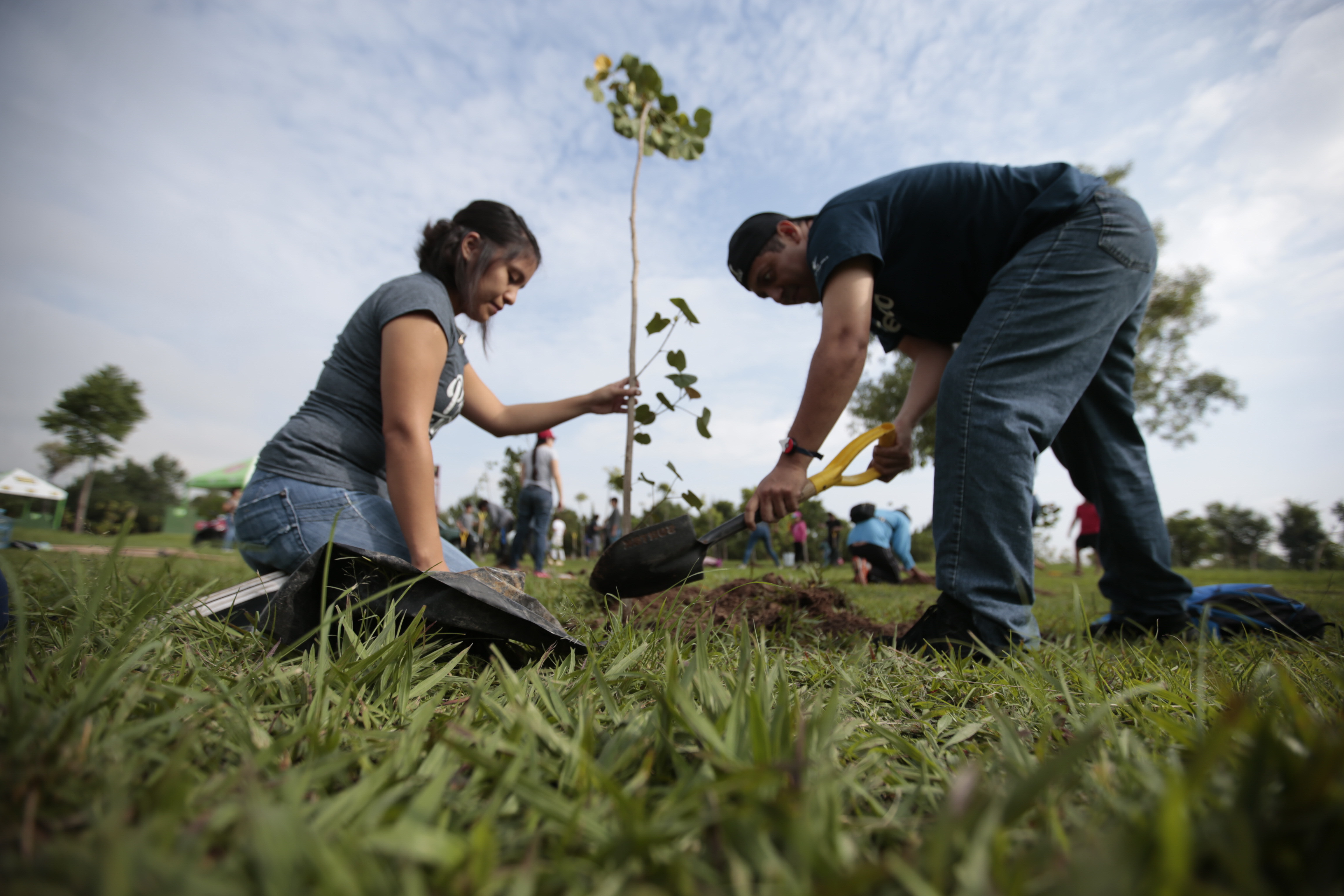Carbon Markets, an opportunity for Fairtrade farmers?

There is a reality in the world that must be dealt with in a rational and efficient way. Southern countries and producers in rural areas have contributed the least to increase climate change, but it is these communities that directly suffer the impact on temperature and rainfall, extreme seasons and unpredictable weather events that can bust an annual production in a few days: They are the first victims of climate change.
Fairtrade International through Gold Standard and fair trade producer groups has developed the Fairtrade Standard on Climate with projects such as reforestation and installation of energy efficient furnaces. These ecological projects allow farming communities to further reduce their emissions, improve their physical space and be able to share their Fairtrade carbon credits:
· Renewable energy projects: Solar thermal, photovoltaic, wind, etc.
· Energy efficiency projects: Efficient furnaces, water filtration, purification, energy saving lamps.
· Forestry projects: Reforestation of trees in recoverable areas of vegetation.
Gold Standard is the ally of Fairtrade International to achieve the highest efficient carbon market standards. This organization was founded by WWF and other NGOs to ensure that adhered projects reach the highest levels of environmental integrity and bring benefits to local communities. Gold Standard continues to represent the best guarantee for rural communities.

Carbon markets allow carbon offsetting, the process by which companies and individuals buy carbon credits, or certified reductions of Greenhouse Gas emissions, to take responsibility for their inevitable emissions and help finance the transition global towards a low carbon economy. The Gold Standard certification ensures that these emission reductions are real, additional and permanent, coming from projects that also contribute to a minimum of three Sustainable Development Goals.
In short, carbon markets help accelerate the transition to “zero emissions” by allowing voluntary climate action by the private sector to close the emissions gap left by countries' commitments under the Paris Agreement.

Carbon credits are essentially tons of carbon dioxide that have been prevented from entering the atmosphere and have been eliminated. Companies can buy credits to take responsibility for the emissions they produce.
If a company buys carbon credits under Fairtrade conditions, they provide small farmers and their rural communities with access to the financing generated by this network, and over time a more important role in the design and management of the project.
Among the main benefits of the producers under this program is that the communities are stronger and more resilient through the execution of the project and with a cleaner air. Also, that the minimum price for the credits generated helps producers cover project costs and, of course, that Fairtrade premium will be invested in projects to adapt to climate change, improving soil health, the use of varieties of drought resistant crops.
The knowledge management part here is also about encouraging producers to learn and improve their capacities for the fight against climate change, participating in carbon projects and sharing their experiences with other communities.

Initially, Fairtrade Carbon Credits have been implemented in some European countries through which any company, organization or individual could buy these credits to support a positive climate action. Even so, companies that acquire more than 1000 annual carbon credits will need to assess their carbon footprint and implement a carbon reduction plan and continuously increase the amount of credits year after year until they meet the standard.
From a communication point of view, companies and organizations may share their commitment to purchase Fairtrade Carbon Credits in their own advertising with their clients or partners.
It is not a permanent solution, but an aid in the transition of the ecological economy that also benefits rural communities and helps us improve our commitments to the Paris Agreement.





Comments
Leave your comment